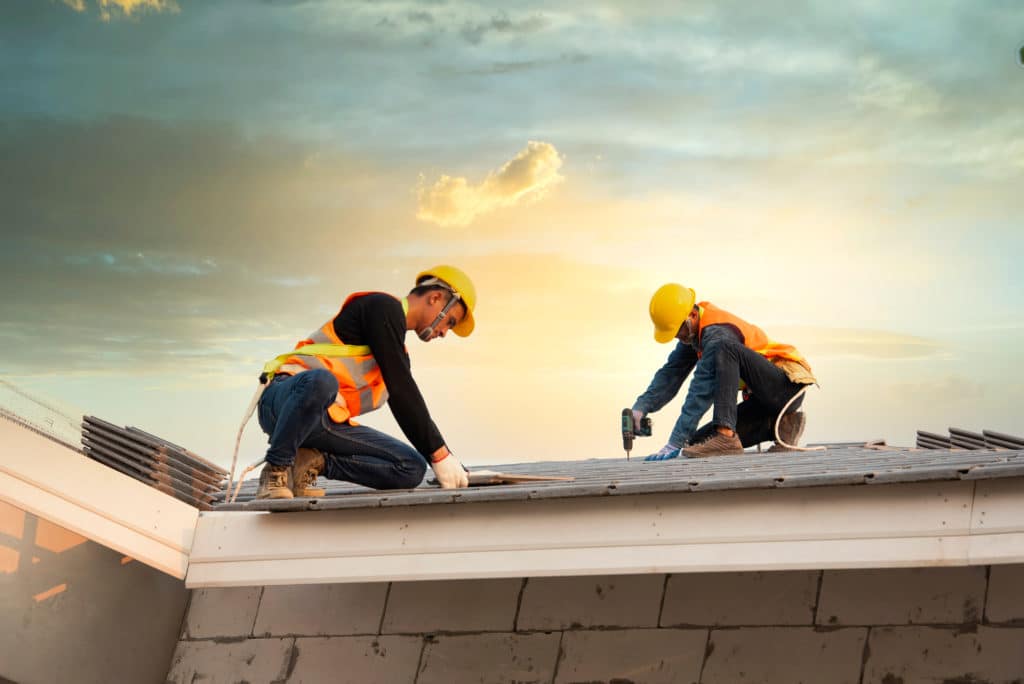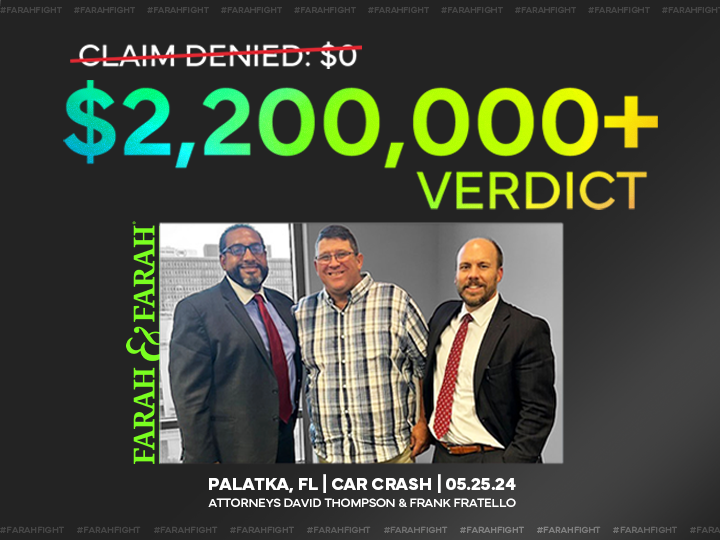Florida residents know the drill: a huge hurricane comes with a huge clean-up to their property – and that often means repairs. While most contractors act with professionalism, there are still many instances where property owners are sadly taken advantage of.
That’s why we sat down with one of our top first-party claims attorneys to learn how homeowners can protect themselves when engaging contractors for repairs.
Widespread Damage Almost a Way of Life During Hurricane Season
According to reports, Hurricane Ian may have caused upwards of $47 billion in insured losses for Florida homeowners and businesses. As communities rebuild, this figure could rise even further. The estimate comes from research firm CoreLogic, which combines information from private insurance carriers, like Progressive or Statefarm, and FEMA flood insurance.
Hurricane Ian Aftermath
With 150mph winds, Hurricane Ian certainly packed a punch as it made landfall on September 28th in Fort Myers as a Category 4 hurricane. The storm is one of only 15 Cat 4 or 5 hurricanes to make landfall in Florida since record-keeping began back in 1851.
But even after the wind and rain passed by the Sunshine State, property owners would continue to feel the powerful storm’s effects even weeks later, with historic and record-breaking water levels across Florida. After a hurricane sweeps through, seasoned residents set out on a familiar process of clearing branches, chainsawing downed trees, and extending a helping hand to neighbors in need.
For some, cleaning up means completely rebuilding after the storm took everything, and for many, this involves filing an insurance claim and securing a contractor to begin repairs.
How to Deal with Contractors Restoring Your Property
Andreas Study is a first-party property claims attorney representing our Orlando law firm. First-party property attorneys protect homeowners and businesses whenever there is a dispute with an insurance company. After a loss, an insurance adjuster may undervalue damages, and the property owner often disagrees with the valuation.
This is where insurance disputes arise, and we’ve seen time and again where this leads to a “take it or leave it” offer from the insurance company. Keep in mind that a denial or undervaluation of your claim may not be the end of the line. First-party property attorneys specialize in getting you past the “no”.
Talking with Andreas, we wanted to find tips to help home and business owners before calamities strike.
Top 10 Tips for Working with Contractors
Andreas offers the following tips in dealing with contractors after natural disasters like Hurricane Ian, as well as anyone who simply needs to hire a contractor:
- Only hire a licensed contractor. You can verify a license in Florida through the Department of Business and Professional Regulation’s Licensee Search tool.
- Only accept a contract backed by a written proposal that contains details about the materials, permit costs, and a detailed description of the work to be performed. Avoid a contract that lacks a specific price.
- Avoid a contract that does not contain dates for when the work will begin and how long it will take to be completed. Also pay close attention to the date you’re given as the last date to cancel the contract without penalties.
- Research all restoration contractors for professionalism. You want to hire a restoration contractor that follows industry standards, holds certifications from professional organizations such as the IICRC, and is a member of professional restoration organizations.
- Request periodic billing statements from the restoration contractors you hire. You don’t want to be shocked by a hefty bill if there is limited insurance coverage for restoration services.
- Do not hire a company that has questionable financial stability.
- Ask about manufacturer warranties and the material specifications for any materials to be used on your home.
- Ask the contractor for references or recent reviews from local residents.
- Do not contract with companies that make you feel pressured, who say permits are not required, offer to waive your deductible, or cannot provide proof of insurance.
- Do not go with the first contractor or company that you speak with without doing your research. You want to feel comfortable with the person or company who is working on your home.
Attorneys like Andreas help keep insurance companies and contractors repairing the damage honest in dealing with homeowners. If you are having a dispute with an insurance company or think a contractor has taken advantage of you, you can call us 24/7 to discuss the details and see what remedies may be available.
Fed Up Trying to Get a Fair Offer from Your Insurance Company?
After an unforeseen event leaves your home or property damaged, most of us expect our insurance company to help put the pieces back together. Unfortunately, rebuilding can become a nightmare for many when the insurance company refuses to provide the proper amount that is covered by the policy.
It is important for homeowners to know that receiving a denial from the insurance, or an undervaluation of the claim, does not mean that the claim is invalid or bad. Sometimes a denial is simply a step towards when you should call an attorney.
If you feel like you’re being taken advantage of by the insurance company or a contractor working on your property, it’s time to fight back. Speak with one of our attorneys now for free. Our team will look over your damages, inspect your policy details, and help chart a path forward.













